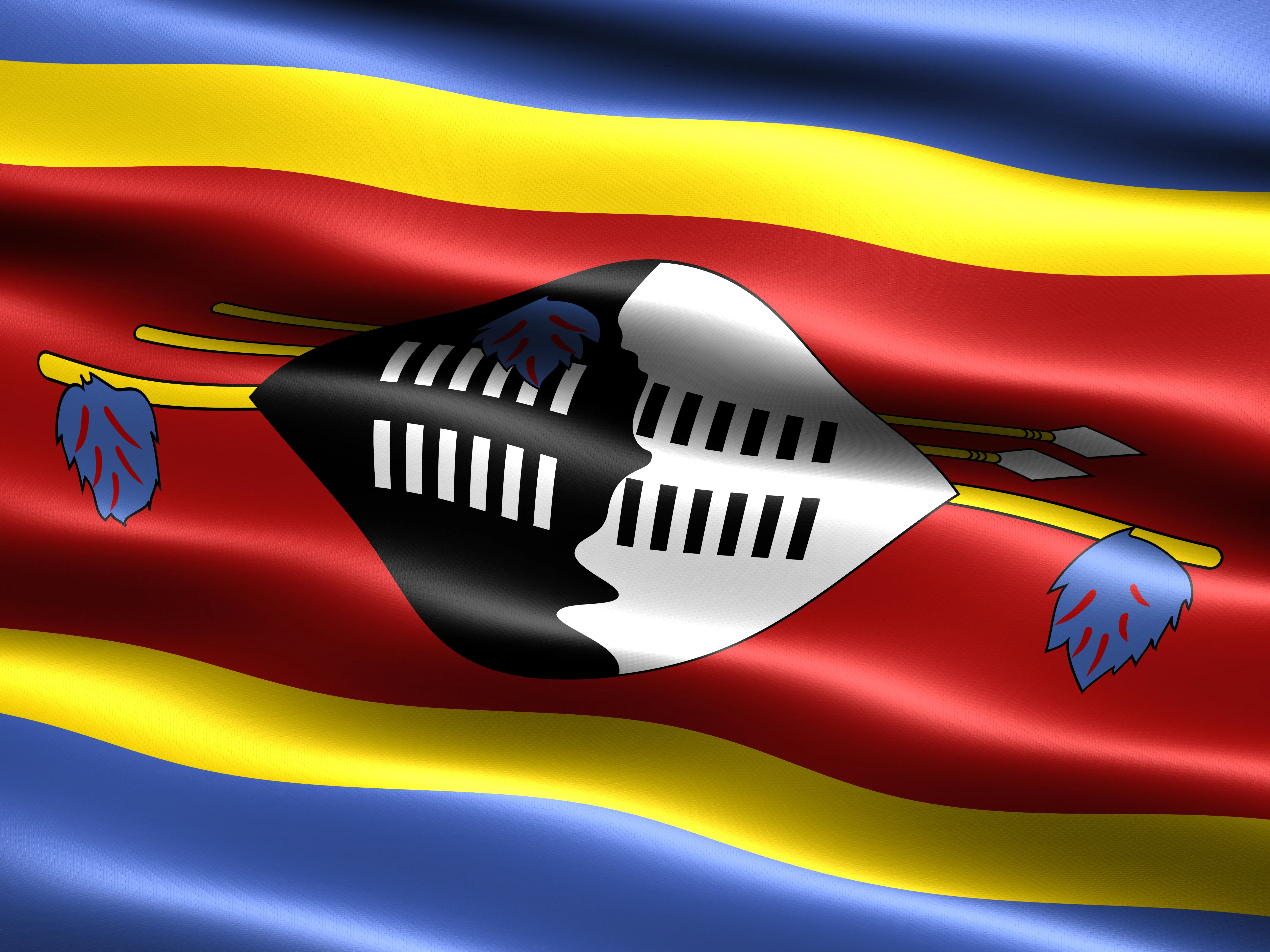
Mbabane – Swaziland High Court Judge Thomas Masuku’s disciplinary hearing conducted by the Judicial Service Commission (JSC), at which the Chief Justice Michael Ramodibedi presided, was concluded last week, Thursday 11 August 2011. The JSC’s judgment is now awaited although no indication was offered by the JSC as to when it would render judgment.
The Southern Africa Litigation Centre (SALC) expresses its concern at the following aspects of the hearing and process:
- Affidavits on which the JSC sought to rely, from the Registrar of the High Court and Secretary of the JSC, were only provided to the defence team on the evening prior to the hearing. The affidavits made plain that the accusation that Judge Masuku had engaged in an illicit love affair with a judicial colleague had been withdrawn although Judge Masuku’s legal team had received no formal correspondence to this effect. It is likely that the threat of institution of defamation proceedings against the Chief Justice by the judicial colleague named in the initial charges put to Judge Masuku compelled the withdrawal.
Arguably more serious charges – that Judge Masuku had associated with those seeking unlawful regime change in Swaziland and that he had sought to destabilise High Court judges and staff, together with the charge that he had touted himself as Chief Justice – were also abandoned in that no substantiation in the affidavits or in any other documentation was provided as the basis for these charges. However no indication of formal withdrawal of the charges was made. These charges have potentially perilous personal repercussions for Judge Masuku – beyond his judicial standing – given Swaziland’s notoriously draconian legislation relating to the suppression of treason and sedition. The fact that they could be put to him without any attempt to substantiate these charges points both to the generally intimidatory nature of the proceedings against Judge Masuku and the impunity enjoyed by his accusers.
- The extensive police presence in the High Court’s surrounds on the day of the hearing seemed expressly intended to intimidate the general public and thwart public access and was entirely inconsistent with the principle that courts of justice should be open and accessible to the general public. Judge Masuku’s hearing has generated considerable public interest in Swaziland and has occasioned extensive media coverage. Substantial police presence, uncalled for by even the suggestion of disturbance or unrest, appeared invoked only to limit the public’s and media’s access.
- Delegations of judges, local and foreign, and visiting legal academics were denied access to the venue in which the hearing was to be held. A delegation of foreign judges and legal academics, co-ordinated by the International Commission of Jurists, in attendance to observe the hearing, were informed that they were unwelcome and would not be permitted access to the venue. Two judges from the Swazi High Court, seeking entry so that they might sit together and show support to their judicial peer, were also told that their presence was unwelcome and that they would not be permitted access. Even if there were grounds to exclude the general public and media from the disciplinary hearing, which SALC disputes, the exclusion of fellow judges and legal academics from the proceedings makes plain the punitive and secretive manner in which the JSC opted to conduct the hearing.
- Arguments made by Judge Masuku’s counsel that the hearing be held in public, that the Chief Justice recuse himself and arguments relating to procedural irregularity were dismissed without reasons being furnished. An application for postponement so that the decision to dismiss these arguments might be reviewed was rejected, again without reasons being furnished. In making these snap rulings, without attempt to provide reasons, Chief Justice Ramodibedi gave the impression that he was conducting himself as chief prosecutor and not impartial adjudicator. It was this very apprehension that had led Judge Masuku’s counsel to apply for the Chie Justice’s recusal.
- An application made by Judge Masuku’s counsel to cross examine the deponents to the affidavits provided by the JSC was also rejected, again without reasons being furnished. It should be noted that the South African Supreme Court of Appeal recently ruled on disallowing cross-examination by the South African Judicial Service Commission in a case involving alleged judicial misconduct, finding:
Utilising this procedure [disallowing cross-examination] for the final resolution of a complaint of misconduct by a judge will always lead to a dismissal of the dispute where the conduct alleged by the accuser is disputed by the judge because the judge’s version can never be rejected without having given him an opportunity to cross-examine his accusers. Freedom under Law v Acting Chairperson: Judicial Service Commission and Others 2011 (3) SA 549 at para45.
Although not bound by South African precedent, it is hard to see how a Swazi court could reason differently.
In conclusion, the Southern Africa Litigation Centre is of the opinion that the proceedings were irredeemably flawed and calls upon the judicial and political authorities in Swaziland to expeditiously resolve the judicial crisis represented by the unsubstantiated charges put to Judge Masuku and the patently unfair hearing to which he was subject.



